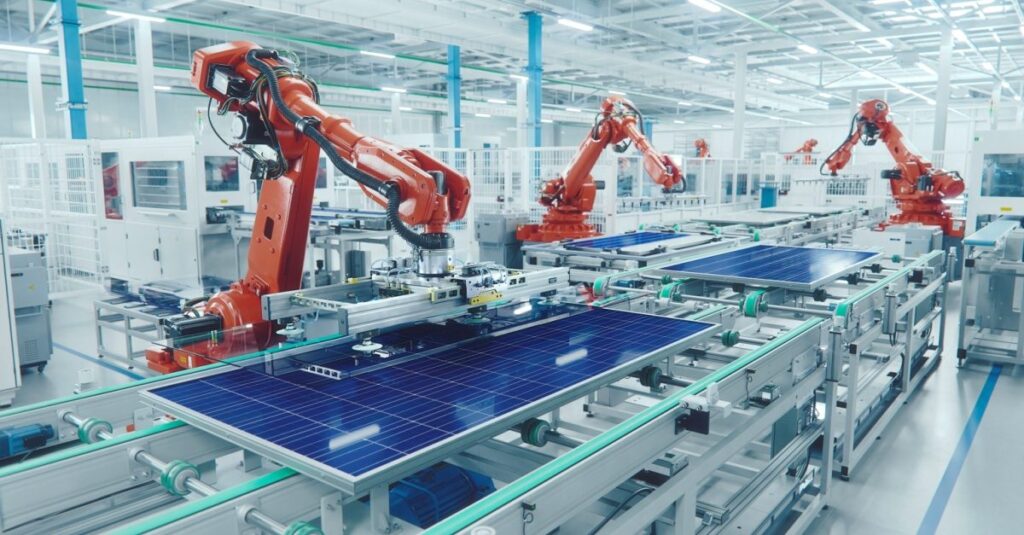In industrial and commercial environments, fluid management is one of the most critical aspects of maintaining smooth operations. Whether dealing with heating, cooling, or large-scale manufacturing processes, the way fluids are controlled and maintained within systems has a direct impact on efficiency, longevity, and cost. As technology advances, businesses are recognising the importance of ensuring that their infrastructure for fluid systems is both precise and reliable.
The Importance of Clean Systems
Any system that relies on liquid circulation is vulnerable to contamination. Tiny amounts of air, debris, or sludge within a closed-loop system can compromise overall efficiency. Air pockets can lead to uneven flow, increased wear on components, and in some cases, full system failure. Proper separation and cleaning mechanisms are therefore essential to avoid costly downtime and repairs.
Unwanted particles and microbubbles not only reduce energy efficiency but can also corrode equipment over time. A neglected system is far more likely to consume extra energy, which translates to unnecessary expenditure. By contrast, a well-managed system delivers consistency, saves on costs, and improves the lifespan of equipment.
Energy Efficiency and Sustainability
With sustainability targets becoming increasingly stringent across industries, fluid management plays a vital role in meeting energy-saving goals. Systems that maintain balanced and uncontaminated flow reduce the energy required to operate pumps and compressors. This aligns with both environmental commitments and financial savings for businesses.
Government regulations and incentives are also pushing industries to rethink the way they design and maintain their infrastructure. A proactive approach to fluid management not only ensures compliance but also positions businesses as responsible operators in a competitive market.
Technology’s Role in Modern Systems
Technological developments are driving more advanced monitoring and management solutions. Smart sensors can now detect anomalies in real time, alerting engineers before minor inefficiencies escalate into significant failures. Automated control systems also allow adjustments to be made on the fly, minimising manual intervention.
These advancements enable predictive maintenance strategies, where data is used to anticipate when components may fail. This reduces unplanned downtime and allows for a more strategic allocation of resources.
Balancing Practicality and Investment
For many organisations, the challenge lies in balancing upfront investment with long-term gain. While advanced fluid management systems may require capital outlay, they quickly demonstrate value through reduced maintenance, extended equipment life, and lower running costs. Businesses must view these solutions not as expenses, but as investments in resilience and performance.
It is also important to factor in the hidden costs of inefficient systems. Energy wastage, frequent repairs, and shorter asset lifespans can far outweigh the initial investment required for more effective management technologies.
A Practical Example
One common solution for improving system reliability is the use of an air separator within heating or cooling loops. This device helps remove microbubbles and entrapped gases, which are often invisible but can have significant consequences on overall performance. By eliminating air, the system operates more smoothly, requiring less energy and reducing the risk of premature component failure. This simple but effective addition is a clear example of how small interventions can yield major benefits over time.
Future Outlook
As industries become more reliant on continuous operation, the pressure to adopt smarter and cleaner fluid systems will only increase. The integration of artificial intelligence and the Internet of Things (IoT) is expected to transform how we manage system performance.
Predictive analytics, coupled with machine learning, could one day enable fully autonomous systems that self-regulate based on external conditions, consumption demands, and even energy pricing. This would take efficiency to a whole new level, providing businesses with both control and flexibility.
For now, organisations can take meaningful steps by ensuring that their systems are well maintained, free of contaminants, and supported by reliable monitoring technology. Doing so not only secures operational stability but also strengthens a company’s position in a market that increasingly values sustainability and responsibility.


